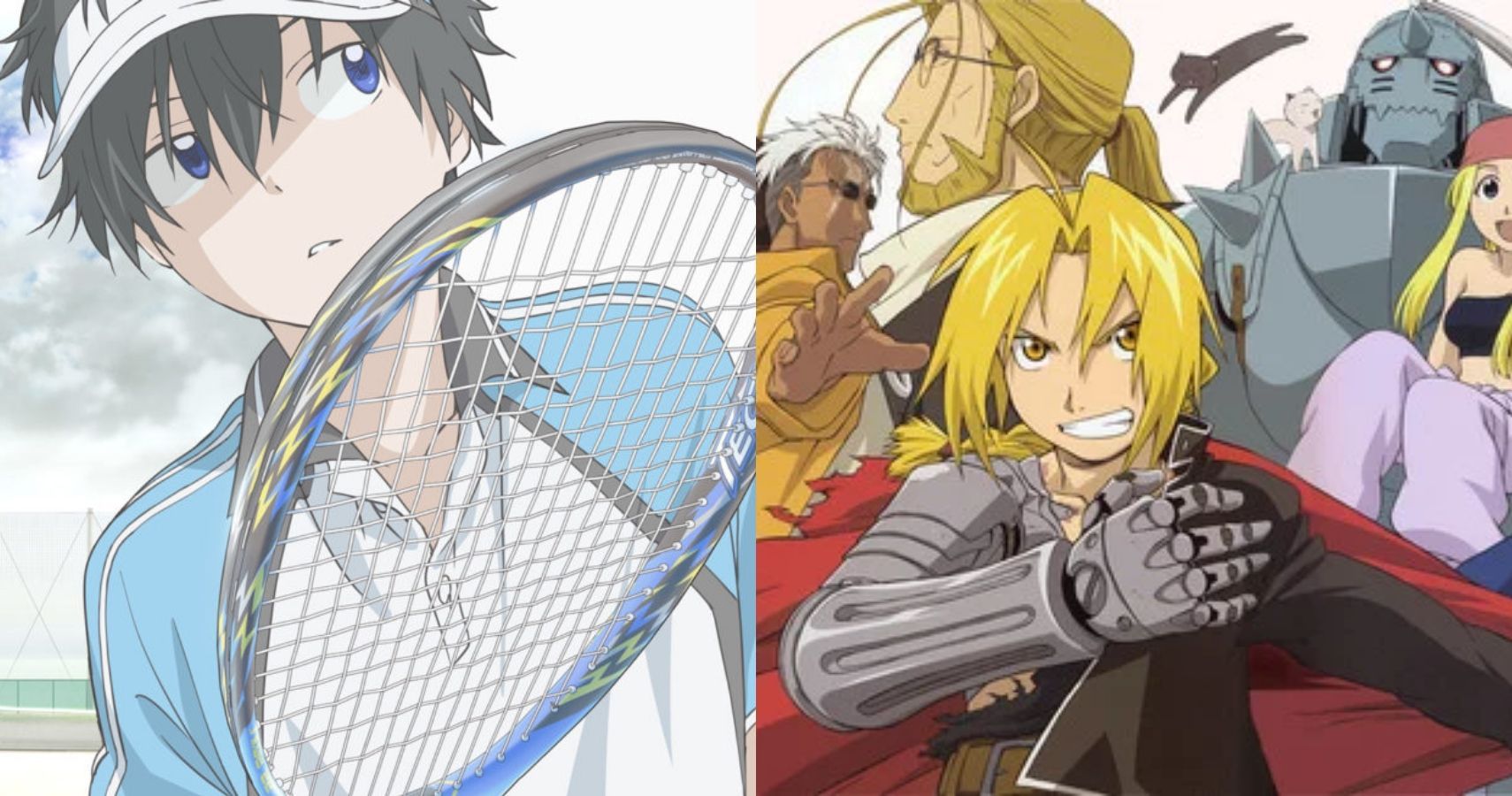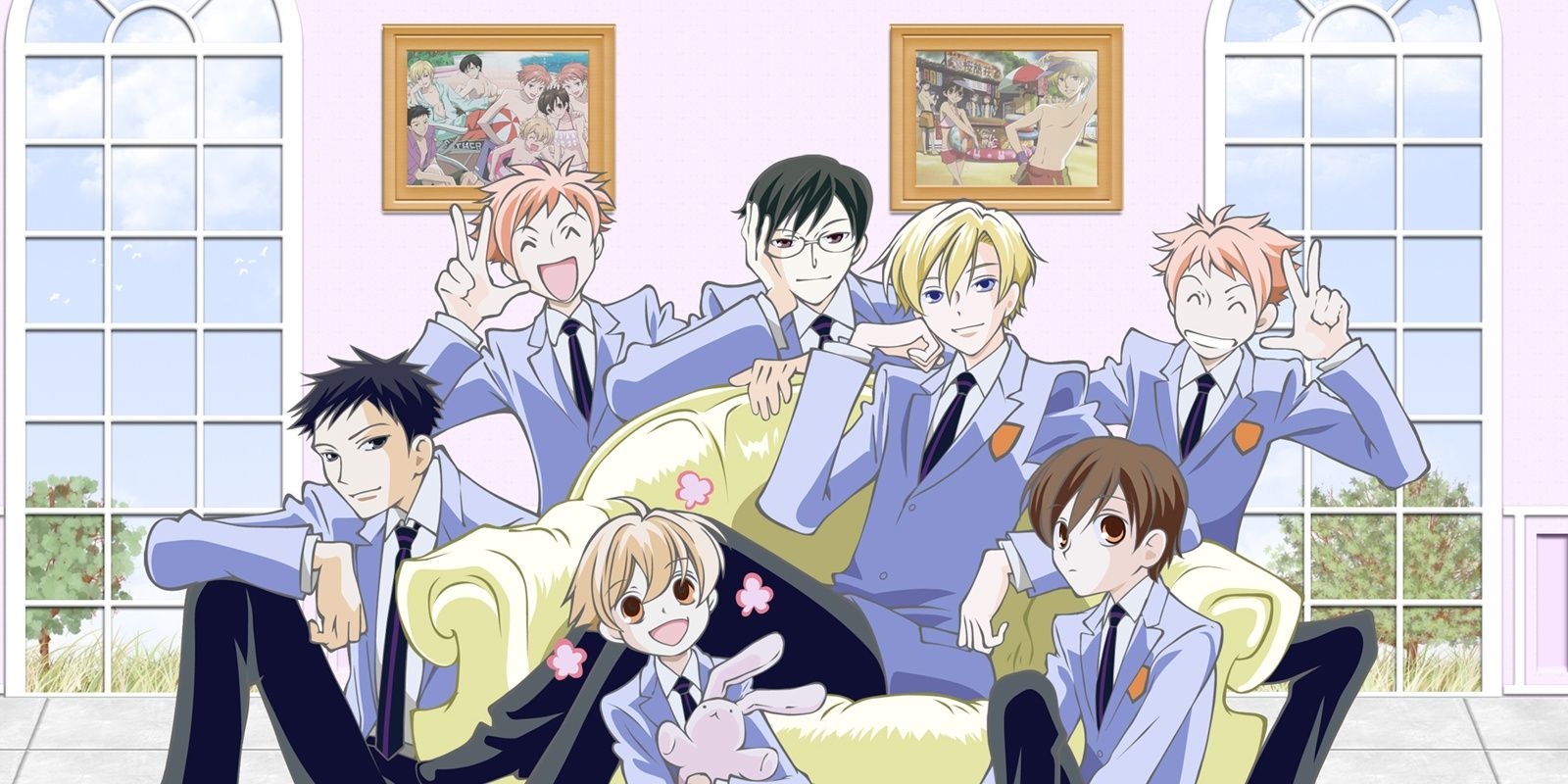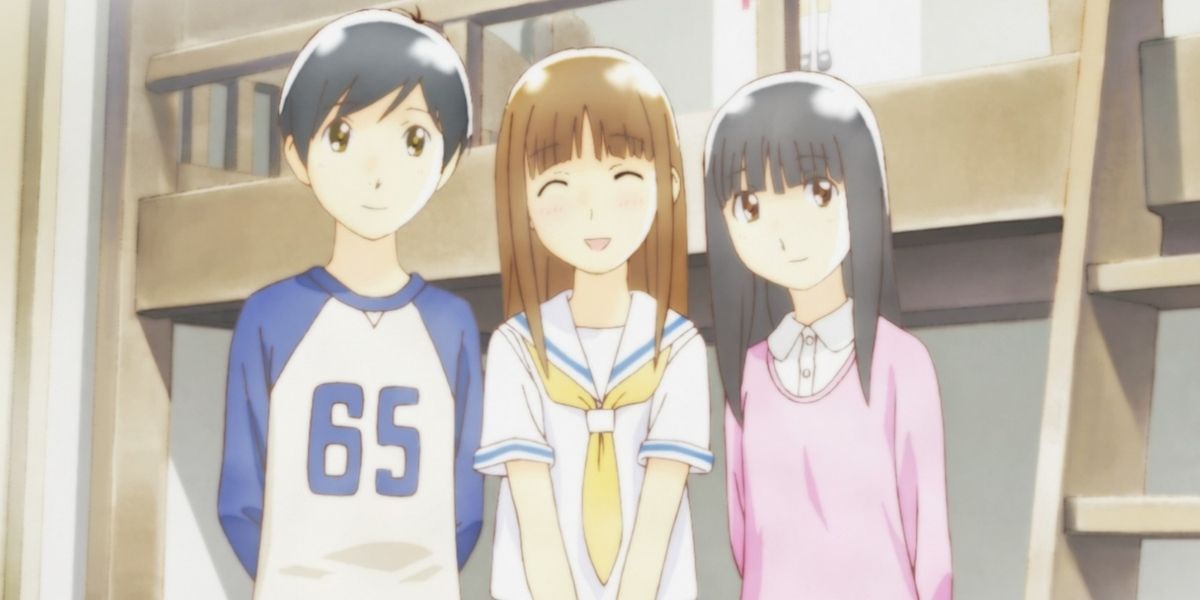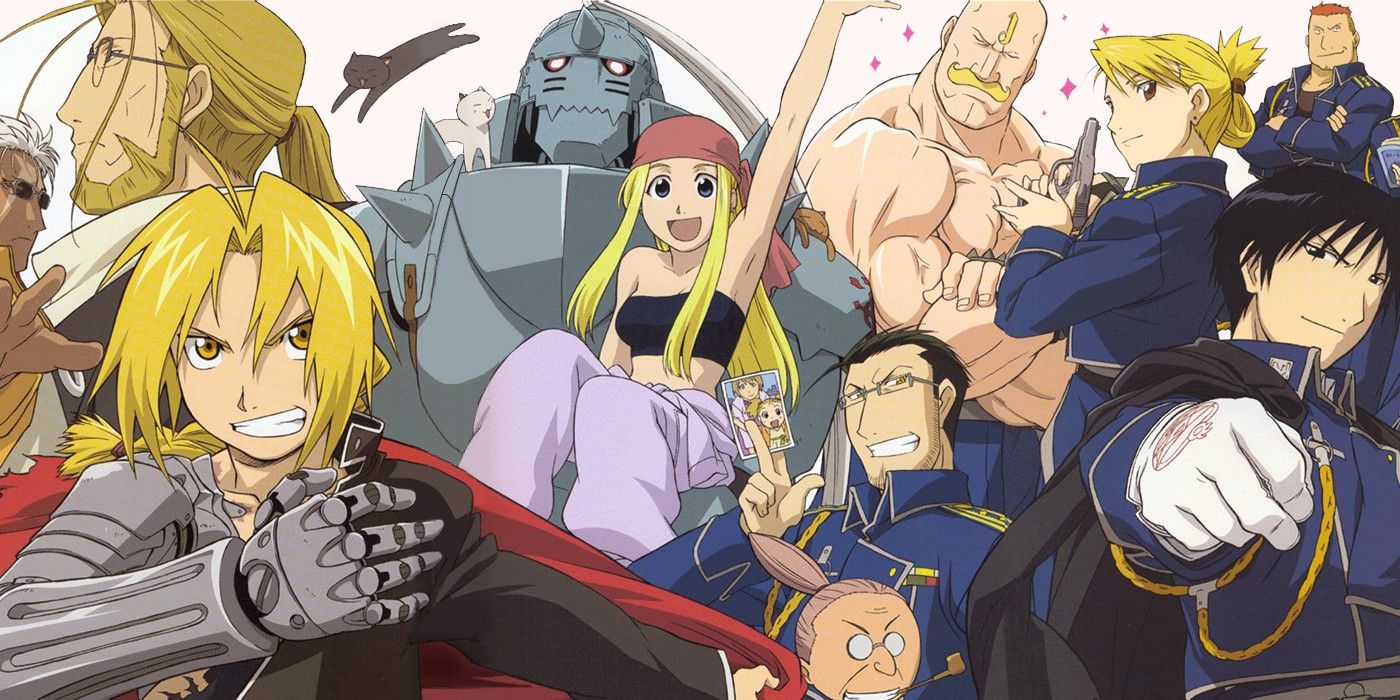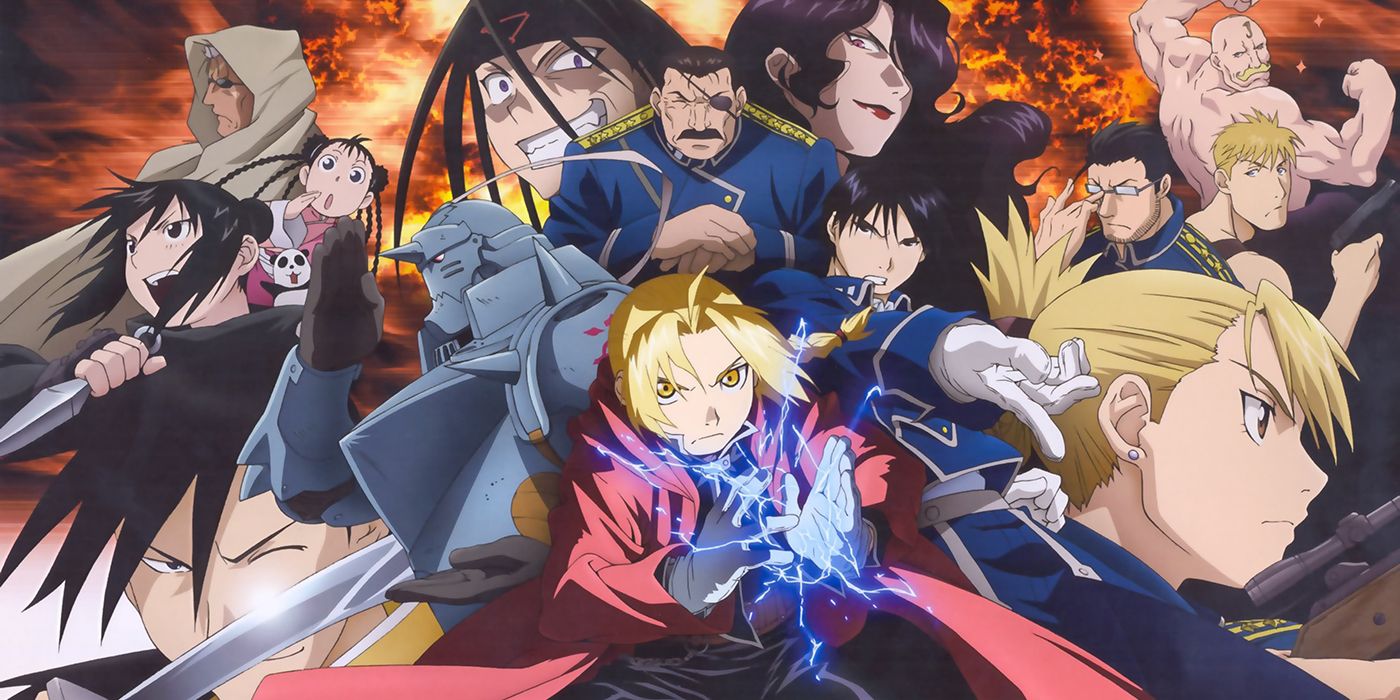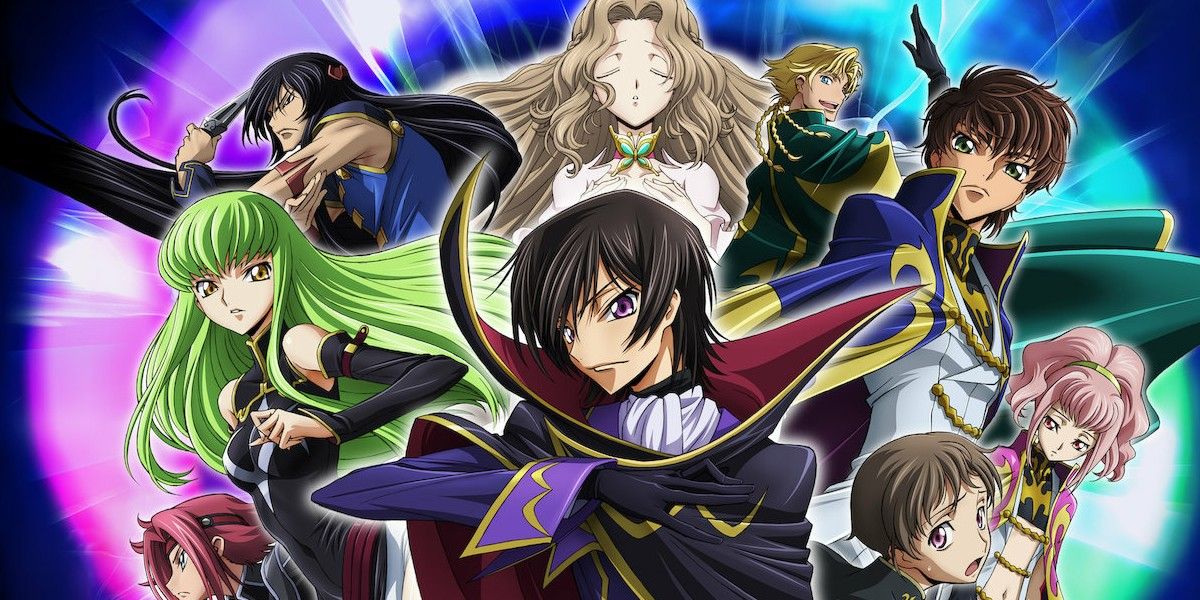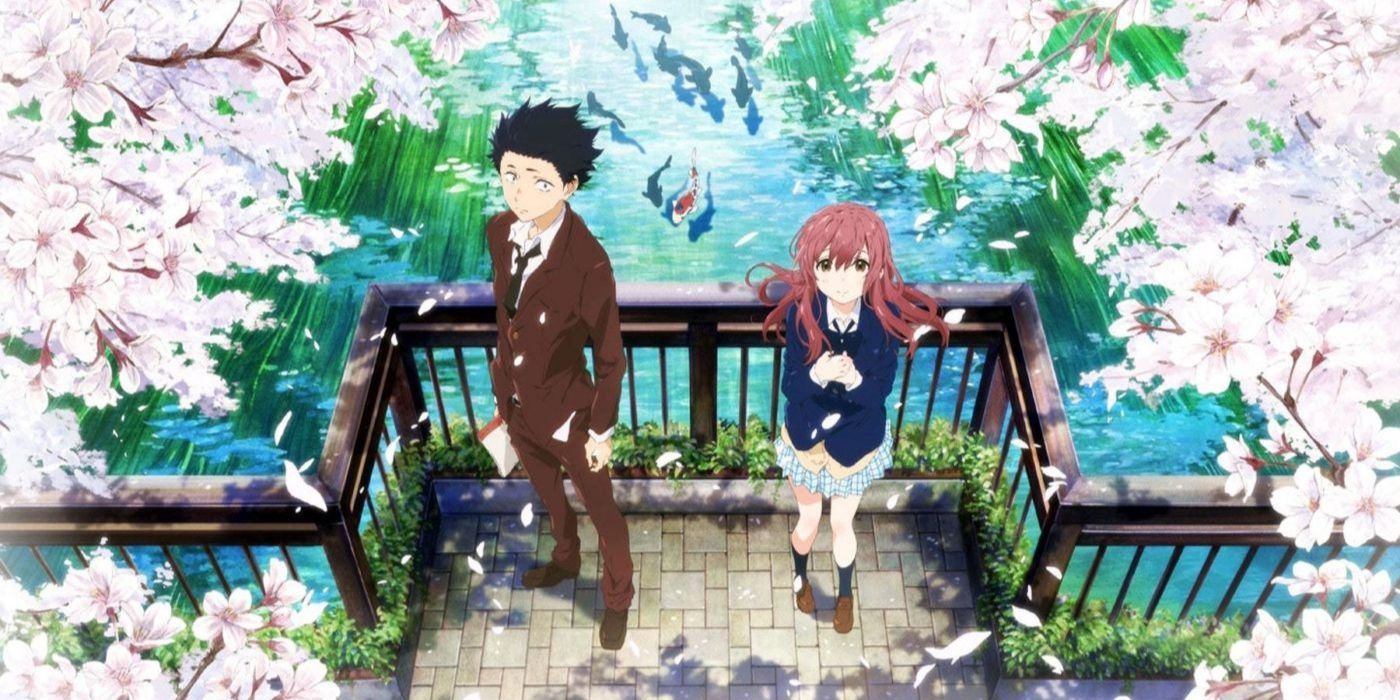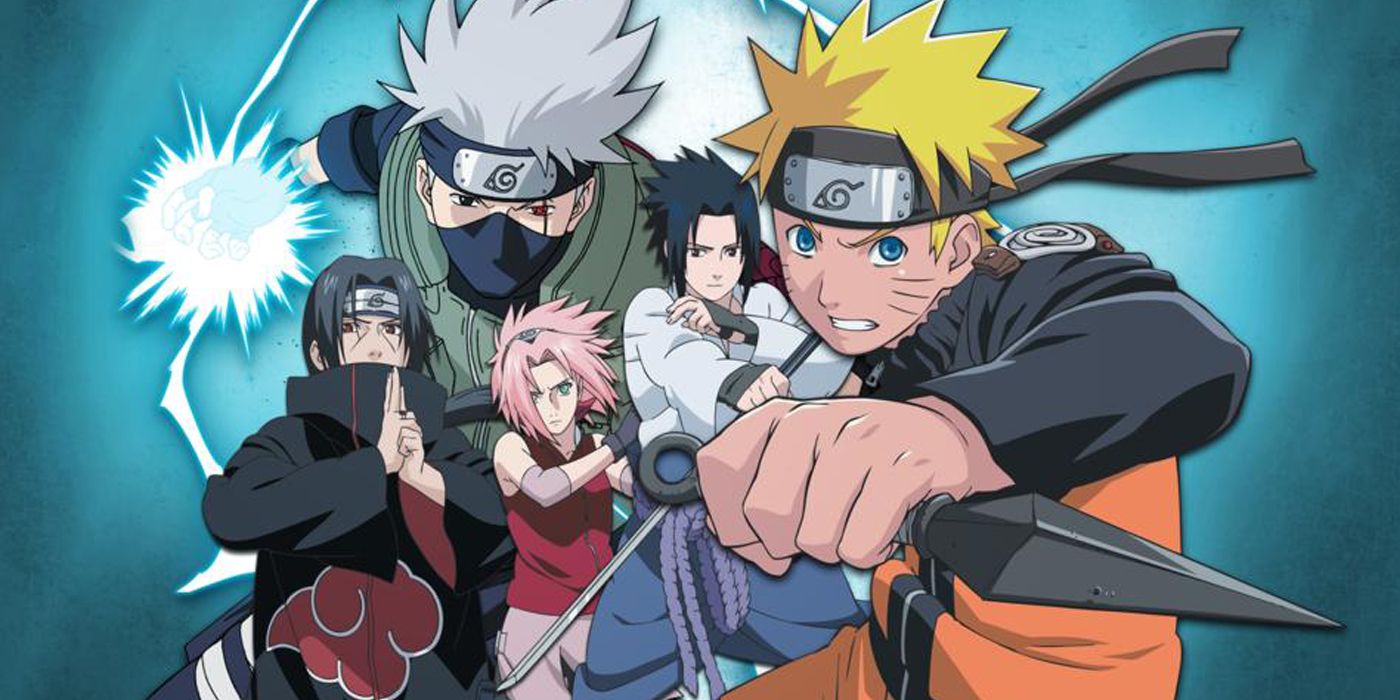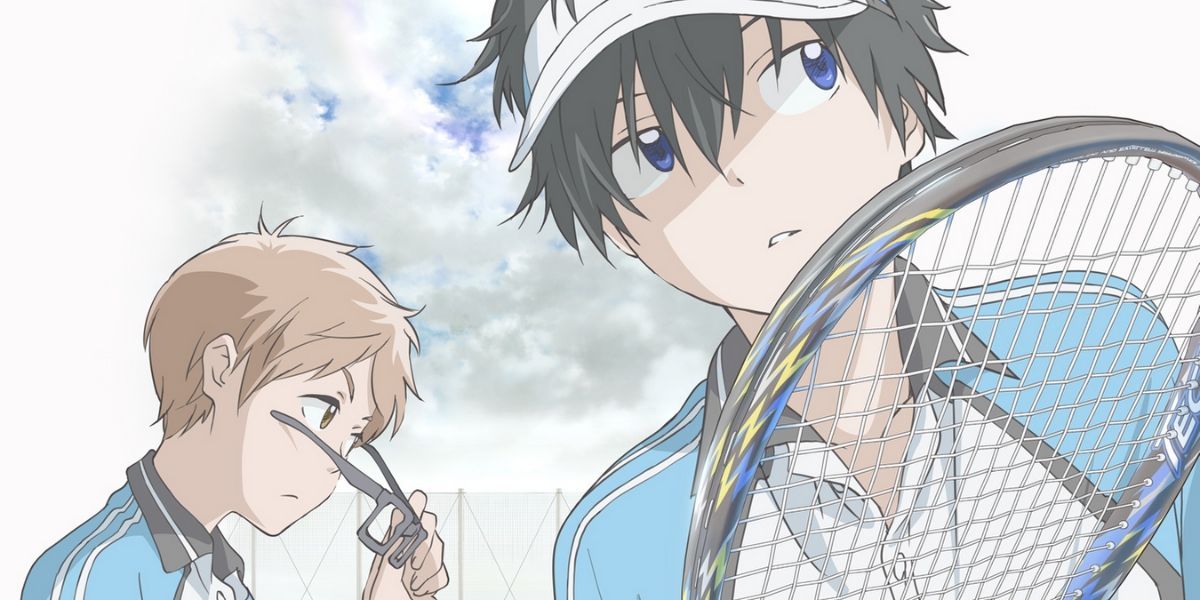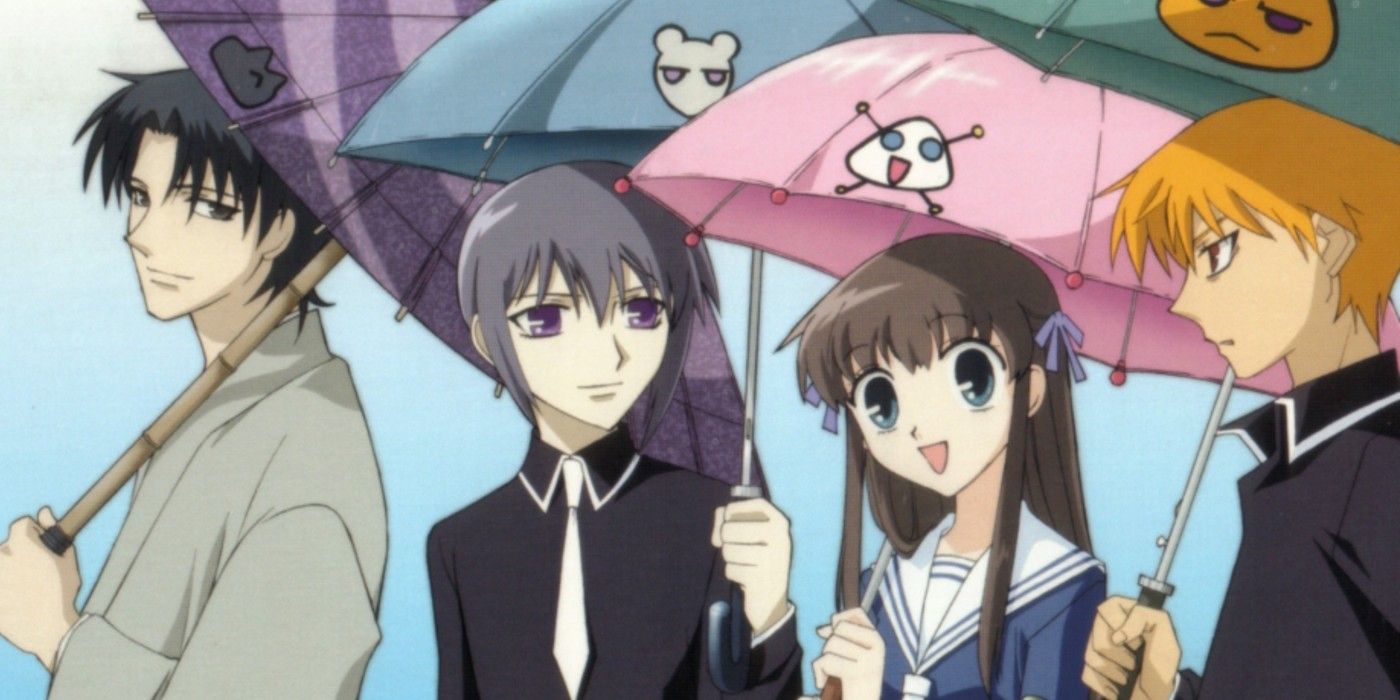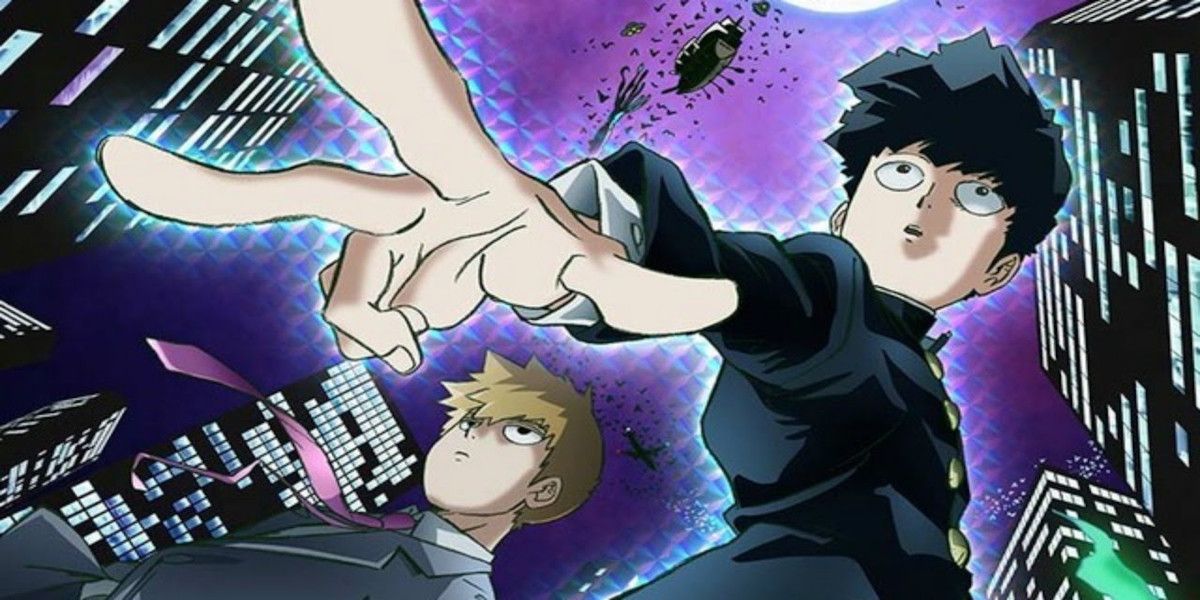For many of us, the anime of the 2000s played a role in shaping us and making us who we are today. We grew up watching One Piece or Bleach and learned what defined a "hero." Or we watched Death Note and questioned what constitutes justice, or Inuyasha and saw how even the coldest people can know love.
Needless to say, all of our favorite anime from the 2000s had themes, or lessons, that still apply today. However, much modern anime series have taken these themes and expounded on them, telling stories with similar morals but stronger. Here are 5 lessons the 2000s anime gave us that are still relevant, but modern anime took a better spin on.
10 Still Applicable Today: Challenge Gender Roles
Out of all the heartwarming and memorable anime to have come out of the 2000s, Ouran High School Host Club gave was a special one, featuring Haruhi Fujioka, a young woman who has to pass as a young man and part of her high school's host club to entertain women so she can pay back a monstrous debt.
This show had lots of wonderful themes including the importance of friendship and how no matter where you come from in life, everyone has hardships. But chief among these was the cool reception of Haruhi challenging traditional roles and behavior for young women and becoming a successful gentleman herself.
9 Modern Anime Does It Better: Wandering Son
Of course, Ouran High School Host Club's one weakness is that it so often uses its theme of challenging gender roles as a comedic gag. This is where more modern anime like Wandering Son has come in to shine.
Grounded in the story of two transgender youths, Wandering Son plays to its gender-breaking themes more genuinely than its 2000s predecessor. Shuuichi Nitori and Yoshino Takatsuki's situations are not represented as comedic or something to laugh at. Both characters struggle being understood and accepted and make the lesson of challenging traditional gender expectations much more valuable.
8 Still Applicable Today: Actions Have Consequences
In the original Fullmetal Alchemist anime from 2003, the theme that your actions have consequences played a heavier and darker role than it did in the manga and second Brotherhood series. The motif of equivalent exchange was inescapable; even at the series' end Edward and Alphonse had to sacrifice themselves for one another back-to-back.
It's a profound lesson to learn: that you'll have to pay for your wrong choices and there's no avoiding that. Sometimes you have to face the music and pay the sacrifice. There's a reason the dark, not-fully-resolved-until-the-sequel-movie ending still has people talking.
7 Modern Anime Does It Better: Fullmetal Alchemist: Brotherhood
Even though equivalent exchange still acts as the guiding principle for alchemy, Fullmetal Alchemist: Brotherhood is another example of taking a 2000s anime's theme, nonetheless its predecessor's theme, and going one step further: it shows there's a thing called mercy, too.
Winry Rockbell personifies this. Though Scar killed her parents, she lets him live. Though Edward gives his "I'll give you half of my life if you give me half of yours!" speech, she throws out his concept of equivalent exchange, saying, "How about I just give you my whole life?" Brotherhood shows that while actions have consequences, ideas like kindness and generosity are sometimes more powerful.
6 Still Applicable Today: Keep Moving Forward
Considered one of the best anime of the 2000s, Code Geass: Lelouch of the Rebellion has lots of themes including the cruel reality of war and discrimination. But at its core is also the theme of moving forward: to keep living and not look back.
After committing patricide as a child, Suzaku Kururugi has always felt he should not be alive. Throughout the series, he continually throws himself in harm's way, hoping he'll die, until Lelouch Lamperouge uses his Geass to command him to live. This powerful moment pronounces the same theme echoed later in the series' climax: time doesn't and shouldn't stop. Neither should you.
5 Modern Anime Does It Better: A Silent Voice
Although it's a completely different genre from Code Geass, A Silent Voice still maintains the lesson that your life is yours to live even when you feel you may not deserve it. There's just one thing this modern anime movie manages to do better: it shows the importance of change.
After bully-turned-friend Shouya Ishida saves her life, Shouko Nishimiya points out how because he changed, he changed his own life. Because Shouko never did, she never realized her life's value. Their emotional conversation more strongly addresses the idea of moving forward and thankfully doesn't include any genocide for shock value, unlike the much older Code Geass.
4 Still Applicable Today: Work Hard For Your Goals
Perhaps not only one of the most popular 2000s anime but also one of the most popular anime all time, Naruto has enough themes to fill up a novel-length essay. It's a classic that has made us laugh and cry while following Naruto Uzumaki's journey to fulfill his dream of becoming Hokage.
To say the theme of working hard to achieve a goal is omnipresent in Naruto might be redundant considering the titular character is practically the personification of it. He's a shinobi warrior who never gives up. No matter the beatdown, villain, or hardship, he pushes himself to protect those he cares about to one day be strong enough to make his dream of being Hokage reality.
3 Modern Anime Does It Better: Stars Align
Naruto isn't the only anime to show us how achieving your goal takes effort. Countless modern anime has also followed in similar thematic footsteps, like Assassination Classroom and My Hero Academia. However, perhaps the most nuanced representation of this theme lies in a far-lesser known modern anime: Stars Align.
Stars Align features a boys' soft tennis team that has never won a game. To not be disbanded, they have to win once at the upcoming regionals. While working tirelessly towards this goal, player Maki Katsuragi often steps back to note how much fun he's having. This gives Stars Align's themes an edge over older anime, reminding us how good working hard can and should feel in addition to being fulfilling.
2 Still Applicable Today: Humility
Humility is not often featured as an admirable trait or a valuable lesson worth being taught; more often, themes of taking pride in your work and the fulfillment of recognition take centerstage. But in the 2001 rendition of Fruits Basket, humility and thinking of others first are most important.
Heroine Tohru Honda is perhaps the 2000s' most compassionate and selfless character. Consistently, she thinks of everyone else first and herself second. She never asks for anything. Her greatest strength is her thoughtfulness and humility. Members of the Soma household who meet her learn from her kindness, proving how revered and powerful humility can be.
1 Modern Anime Does It Better: Mob Psycho 100
A far more eclectic modern anime, Mob Psycho 100 takes the theme of humility and ironically, cranks it up to 100, applying it to even the series' most powerful characters. In Mob Psycho 100, it doesn't matter what supernatural gifts you have. You're still just a normal person.
Mob is a kid with ultra-strong psychic abilities, but he's still an ordinary boy with a middle school crush. Nearly every series villain gets a reality check. Even Arataka Raigen, a character with no powers, is humbled in season 2. Mob Psycho 100 is one of the best examples of a modern anime taking an old lesson and giving us an even more humbling reality: no one is better than anyone. And that's okay.

